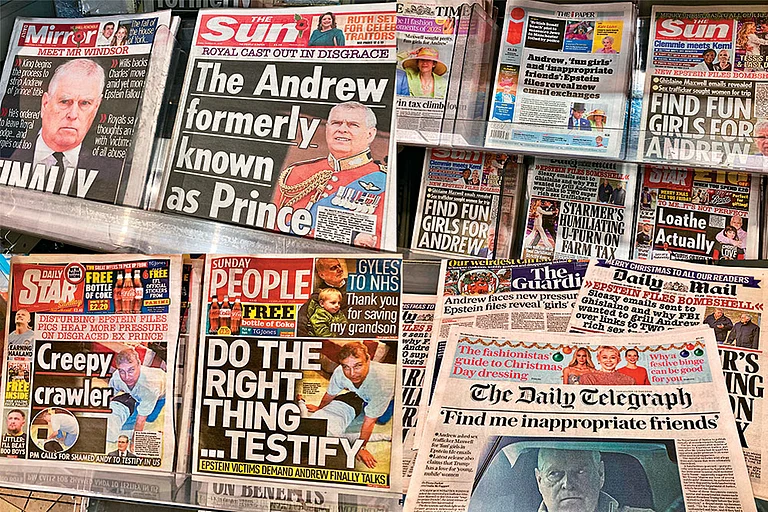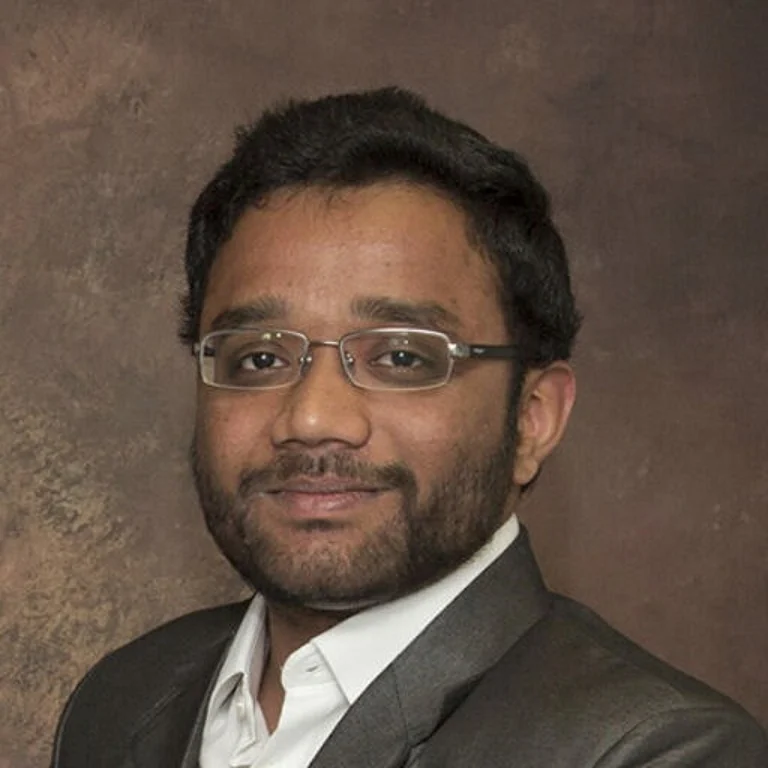Knives—long and sharp—are out once again against Delhi Police following the arrest of young environment activist Disha Ravi. Popular perception is that the police in the national capital are heartless and unscrupulous; they would stoop to any level, including incarcerating an ‘innocent’ youngster, at the bidding of their political masters in North Block. Not for a moment would such “libtards” consider that Disha has not been picked up at random nor have her associates been named out of the blue. The action has been taken following a cyber investigation that unravels the contours of a possible international plot to take advantage of a popular anti-farm laws movement. The objective of the conspiracy is not only to embarrass the Indian State but to destabilise the legally elected government.
But such has been the destiny of Delhi Police from inception. Unlike police forces that ‘belong’ to states and their people, Delhi Police is nobody’s police. The police are not under the elected government of the capital, and mercifully so. The authority they report to is the Union ministry of home affairs that has a million other things to do rather than supervise the day-to-day work of the city police. This situation is both a boon and a bane. A boon as the force is left to itself to take its decisions without any outside interference. And, a bane because rarely do denizens of North Block come out in the open to the rescue of the force if it is caught on a sticky wicket. So far as the citizenry of the capital city is concerned, it rarely identifies itself with the force.
ALSO READ: The Case Diary
Contrary to popular perception, no Union home minister or no bureaucrat sitting in North Block interferes with Delhi Police in its day-to-day work—unless of course there comes along a wimp as their commissioner once in a while. Out of sheer lack of self-confidence and to curry favours with the powers-that-be, if the CP turns to the MHA for getting its nod to every little decision he makes, which bureaucrat or which HM would not like to play super cop by remote? This scenario was seen in the handling of the protests at Jamia, JNU and Tees Hazari in late 2019 and early 2020.
At the same time, once in a while comes along an overbearing home minister who loves to micromanage every law-and-order situation. The mishandling of the India Against Corruption movement led by Anna Hazare in 2011-’12 was an example of such a situation. Remember the decision in the morning of August 16, 2011, to arrest Hazare, Arvind Kejriwal and their six supporters and then to release them the same afternoon following a strong public reaction. This was a decision taken not by the police leadership, but by the political higher-ups. Hazare et al refused to leave the jail premises. All prison gates were picketed by thousand of their supporters. Neither medical aid nor rations for the inmates could go in. And, a prison-revolt-like situation was brewing inside on account of food shortages. Eventually, the prison department had to take direct action and put Hazare on notice when he and his followers decided to leave.
But, except for such aberrations, by and large, the capital’s police are very much on their own and are easily the most independent police force in the country. On account of its unique position of not being under the local government, the force remains insulated from day-to-day political interference. It is for this reason that despite the extent to which Delhi Police is maligned and castigated, it is effective and efficient.

A common citizen of Delhi doesn’t realise that her police have not left a single terrorism-related case in the city unsolved—be it the terrorist attack on Parliament House on December 13, 2001, or the Red Fort attack of December 20, 2000. The city has in the past been ravaged by serial bomb blasts, first by Sikh separatist groups in the eighties and later by sundry Islamic terrorists in the nineties and the first decade of 2000. Every perpetrator behind such dastardly attacks has been brought to book. Delhi Police has busted umpteen terrorist modules of different hues, keeping the city safe from their depredations.
Most sensational crimes that have rocked the city have been solved in record time and the accused convicted. There was a time when the city was ravaged by gangs of erstwhile criminal tribes who had made Delhi their favourite hunting ground. Delhi Police busted each one of these gangs successfully, and the city has been free from their depredations ever since. The brutal rape and murder of Nirbhaya has been the most sensational case in the recent past. Not only were the culprits apprehended swiftly, but charge-sheeted, prosecuted and convicted in record time. That is not to forget the Jessica Lal murder, the Personal Point murder, the Tandoor murder, or the Ranga-Billa case, if one goes into the remote past.
ALSO READ: ‘Delhi Police Is 200 Per Cent Impartial’
Delhi Police has cracked the match-fixing case of 2000, involving Hansie Cronje and his South African team members. The case rocked the cricketing world, exposing widespread corruption at the highest levels of the game. Thirteen years later, Delhi Police unravelled spot-fixing in the Indian Premier League that led to the banning of four cricketers, including Sreesanth. No other city police of the country can boast of successfully investigating such cases that have international ramifications in sports.
Opinion-makers take no cognisance of the fact that Delhi Police has never allowed organised crime to take root in the city like it has in other metropolises. Underworld elements like Dawood Ibrahim or Tiger Memon of Mumbai; or Abdul Latif of Ahmedabad; Kotwal Ramchandra or M.P. Jayaraj of Bangalore; or Aftab Ansari and Arif Raza Khan of Calcutta are unknown in Delhi. Occasionally, land mafias have tried to raise their ugly heads, but have always been nipped in the bud.
ALSO READ: Sedition: A Minatory Frown
During my various stints in field assignments with Delhi Police, I have been privy to telephonic and cyber space chatter amongst gangsters and terrorists advising each other to stay away from Delhi, where they are bound to either get apprehended or liquidated. And, sure enough, many of them were arrested such as Subhash Thakur, Bhai Thakur, men from D-company, Abdul Latif of Ahmedabad, and dozens of terrorists from the Lashkar-e-Toiba, Jaish-e-Mohammed, Indian Mujahideen and so on. Several terrorists and gangsters have fallen to police bullets in bloody encounters in the city.
Armchair critics have no empathy for their police that spend most of their time and energy in law-and-order arrangements and VIP security at the expense of crime prevention and detection, listening to people’s complaints and redressing them, building partnerships with the public and other activities that a city police must undertake as part of their normal duties. Despite these constraints, Delhi Police has soldiered on.
ALSO READ: When Blind Hate Took An Eye For An Eye
It is not my case that all has been hunky dory with Delhi Police. The force showed itself in egregiously poor light during the 1984 anti-Sikh riots, and more recently during the Hindu-Muslim riots in Northeast Delhi. The stains of their failure to deal with these riots in which thousands lost their lives would be difficult to wash away from their uniforms. Admittedly, to protect life and property of minority groups during communal flare-ups should be on top of Delhi Police’s agenda.
To improve police-public relations, officers and men need regular sensitising to improve their behaviour with ordinary people they come in contact with. Their attitude towards women and children must become more empathetic. To improve professionally and individually is always a work in progress that the police would do well to pursue.
However, their enormous good work remains either unreported or under-reported, while their failures make headlines. The police must project their positive work more effectively using professional PR agencies. I recall that during one of my trips to the London Metropolitan Police that has half the strength of Delhi Police (41,200 as against 83,762), I learnt that the Mets have a dedicated team of 67 professional PR personnel to manage their public image. Our government may never sanction us the luxury of such a huge PR team, but we can surely engage a private company of repute for better perception management of police.
Ours is an evolving democracy with a proactive press. Time and again, situations arise where police in general and Delhi Police in particular come in for severe criticism—some deservedly so and often otherwise. The capital’s police ought to communicate better with the people they serve to put across their point of view and not suffer denunciation by default, as is currently happening after the arrest of Disha Ravi of Bangalore. Delhi Police should not fight shy of informing people about the brilliant cyber investigation done to link Disha and her associates with the larger conspiracy to embarrass India.
(Views are personal)
Neeraj Kumar Former Commissioner, Delhi Police























